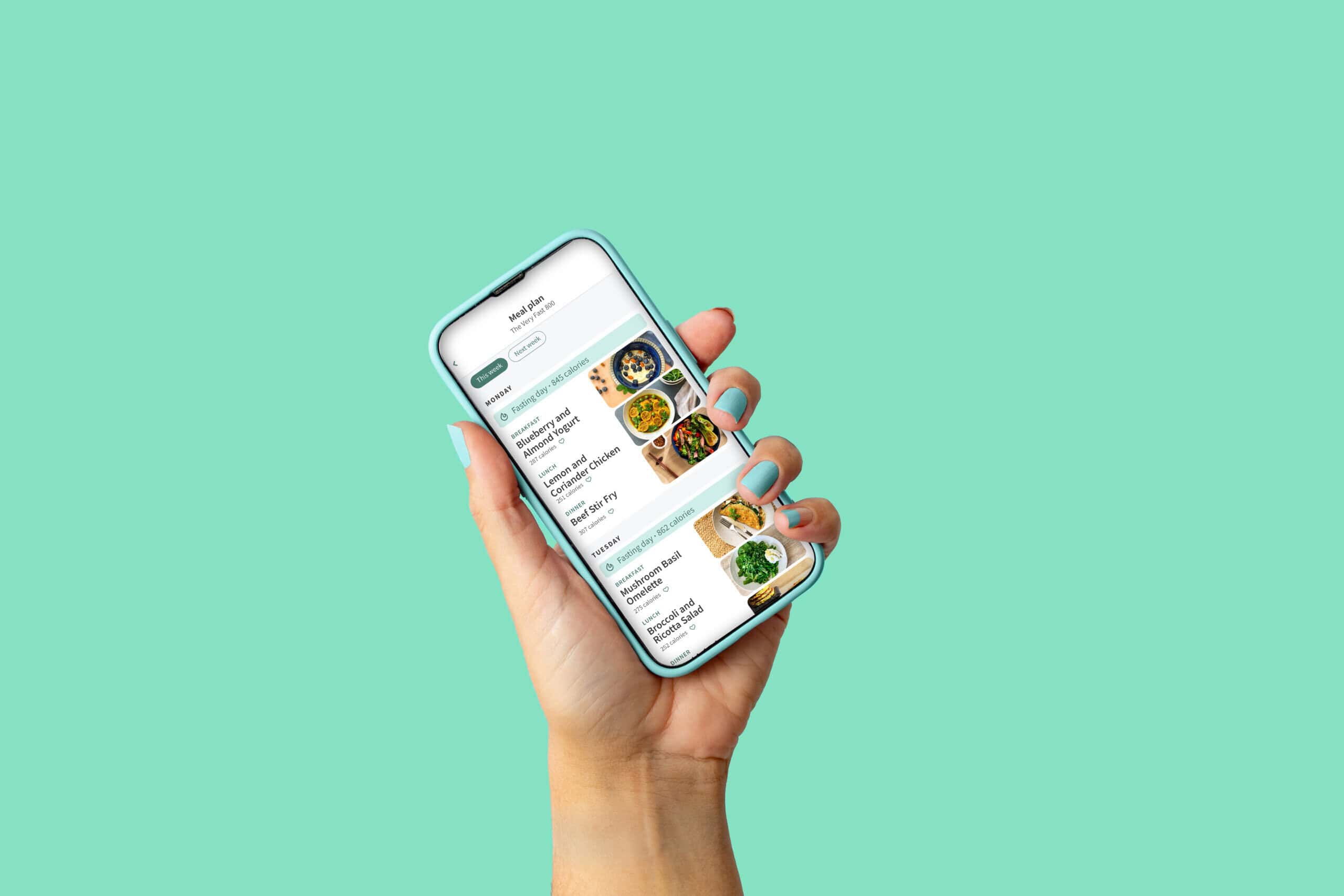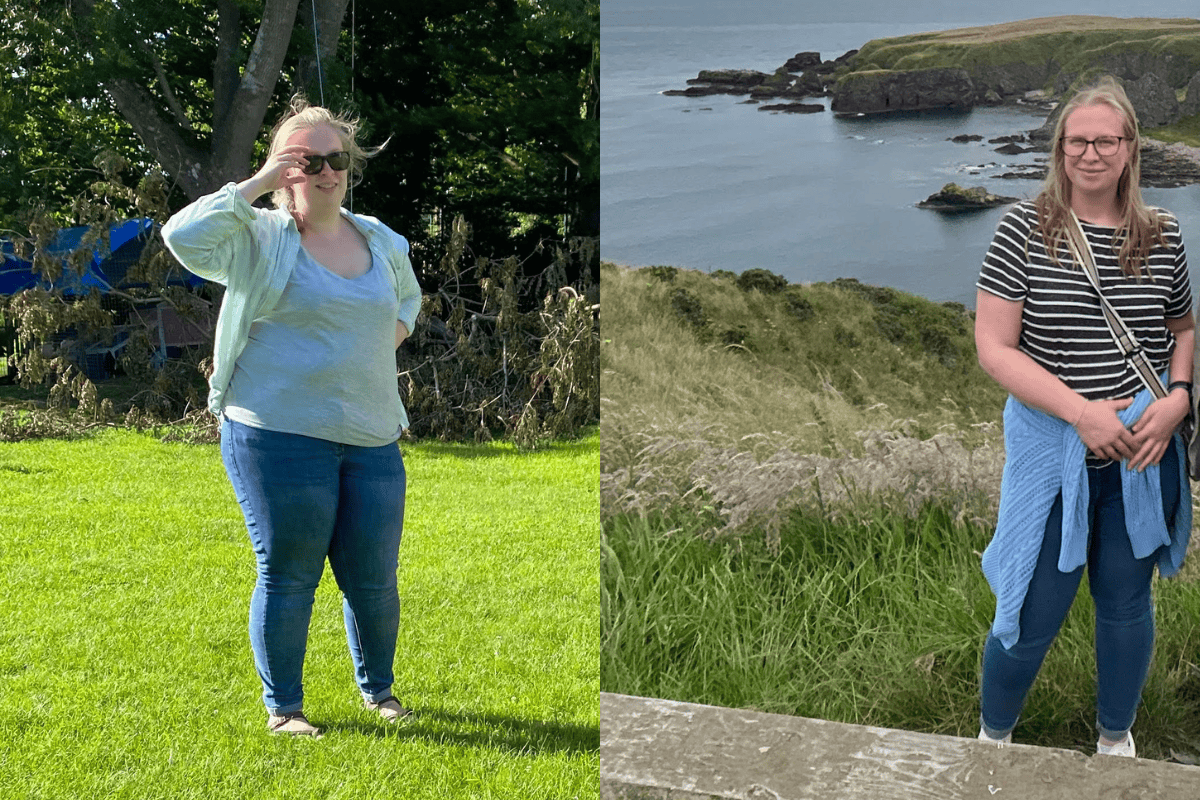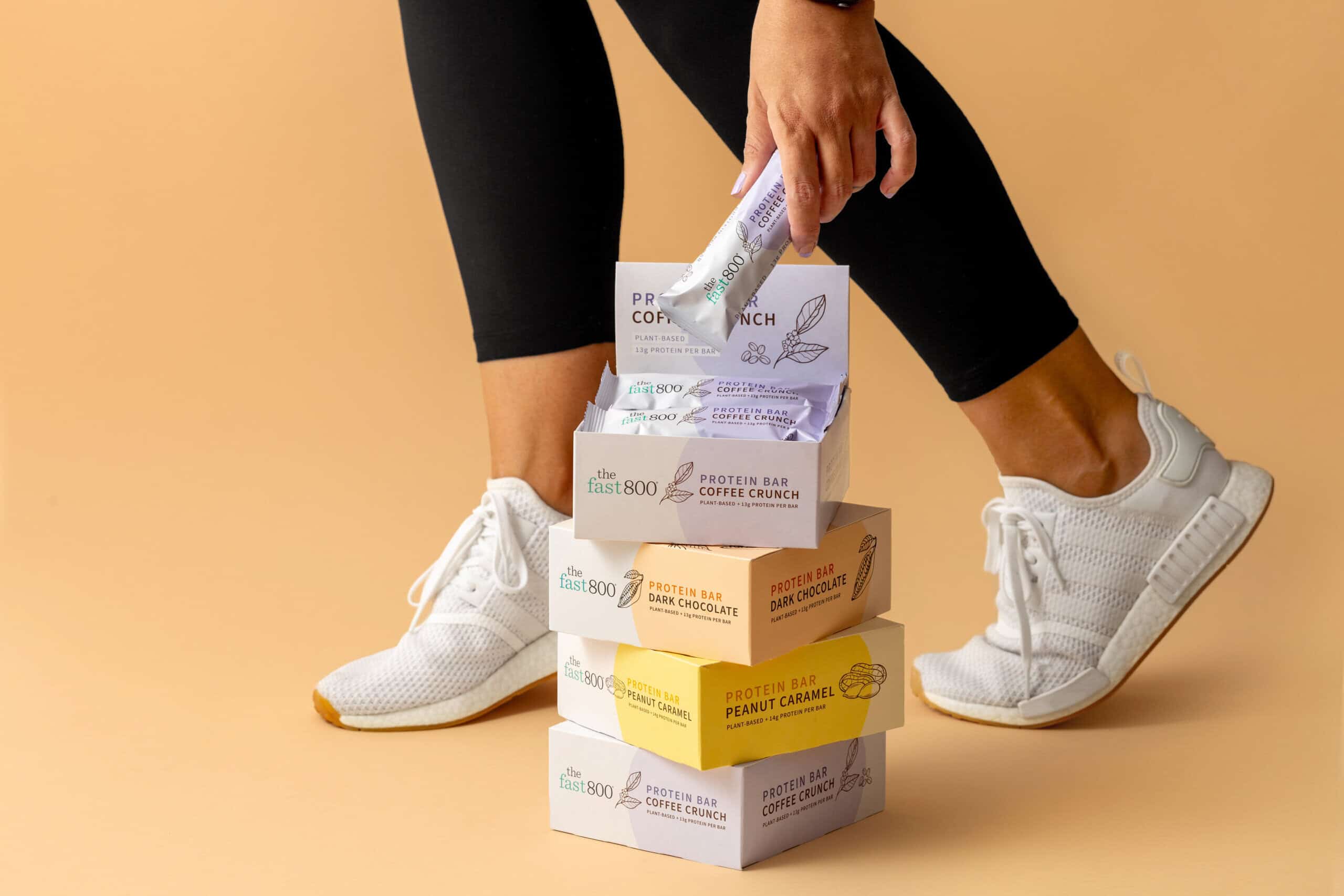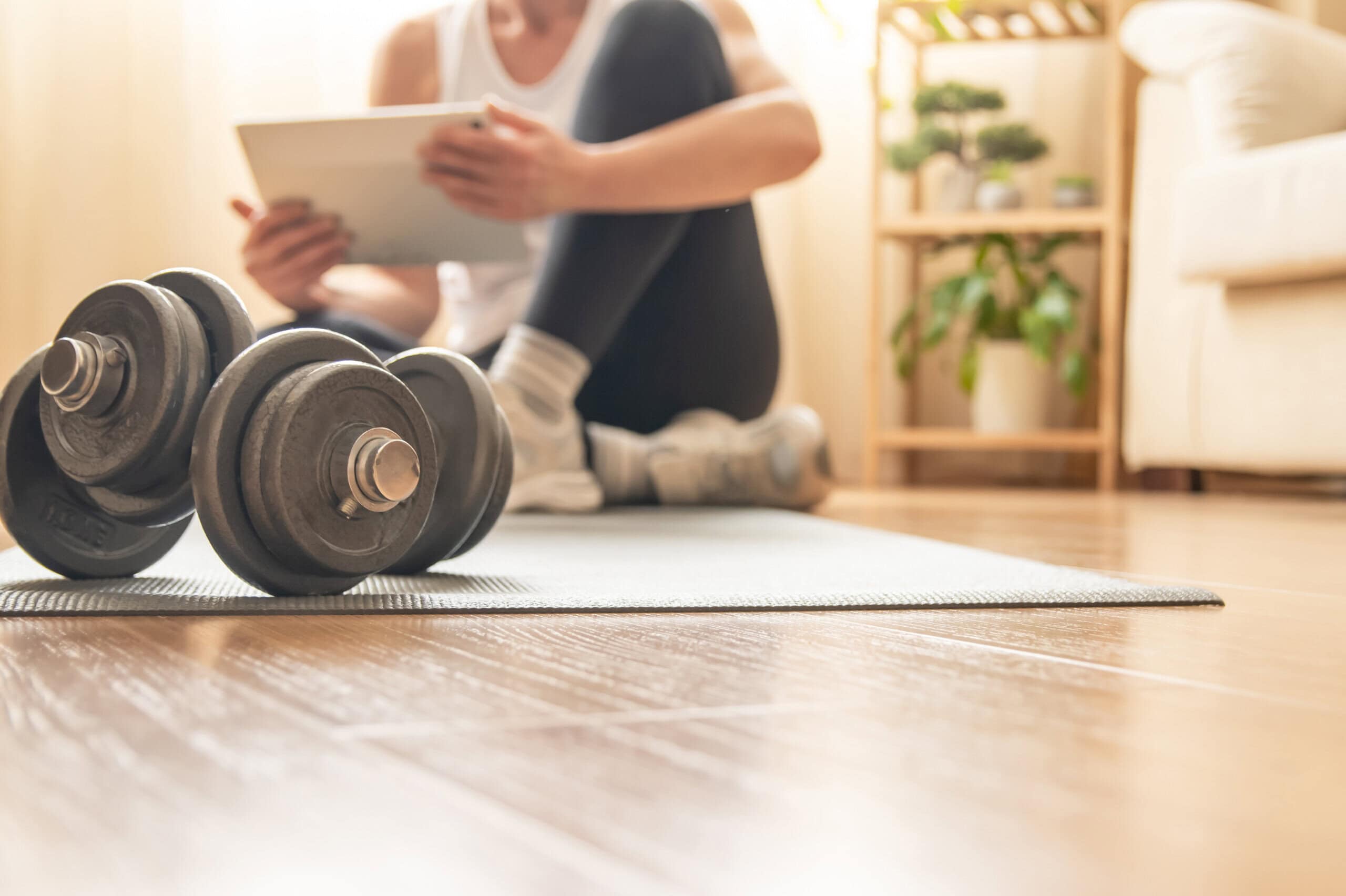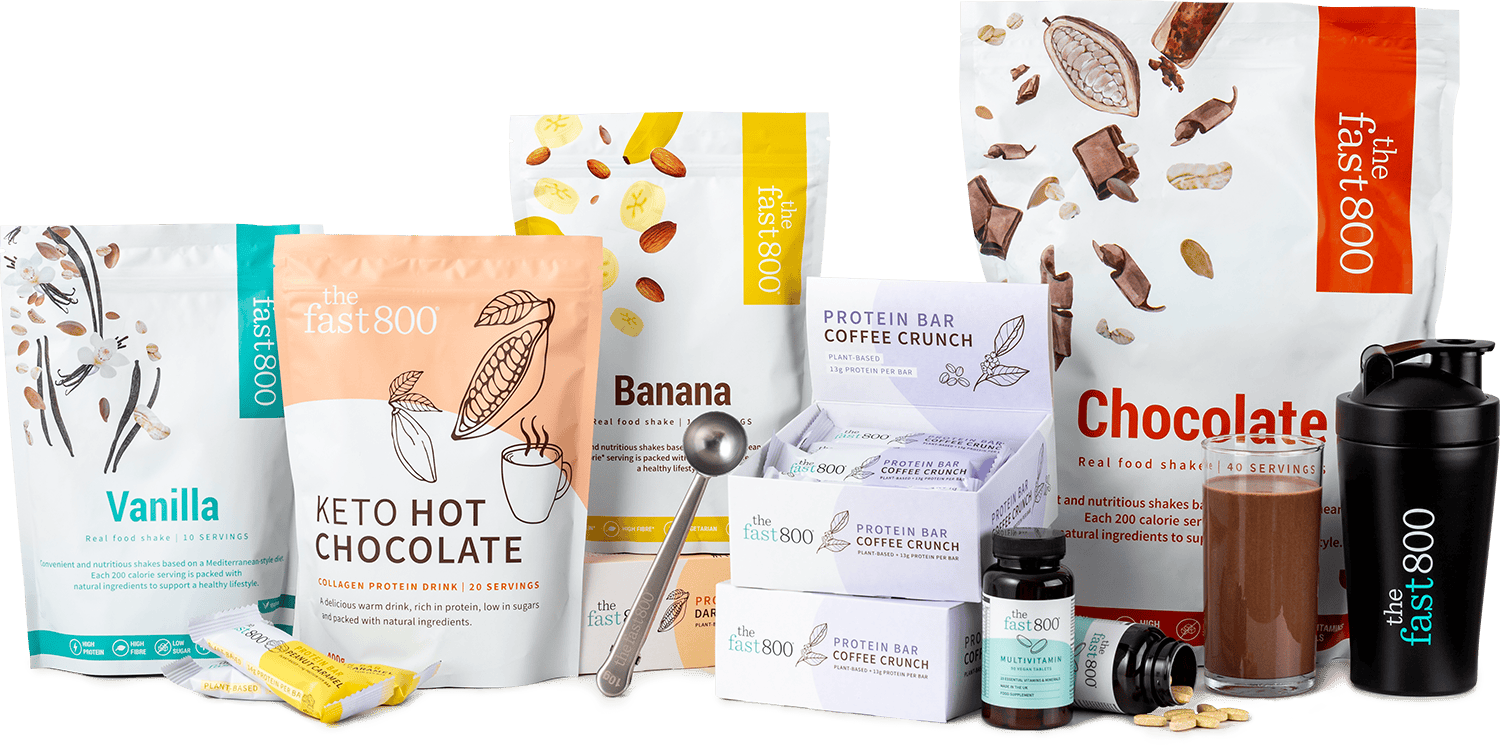Vitamin D: How To Get More
Vitamin D is a vital hormone involved in the processes of the human immune system. In a common year, it’s estimated that one billion people worldwide have insufficient levels, most prevalent in winter months. With the increase of time spent indoors in 2020/21, it’s now even more crucial to be aware of the importance of this vitamin, reduce your risk of deficiency and safeguard your health, throughout every season.
Why do we need vitamin D?
Despite its name, vitamin D is a hormone made when the cholesterol in your skin is exposed to the UVB rays of the sun.
Vitamin D is required for numerous functions, primarily supporting immune system function and the absorption of minerals: calcium, magnesium and phosphate. It’s essential for healthy growth and repair of bones and cells, along with enabling immunity from disease. Insufficient levels often make you more susceptible to weak or soft bones.
It is also important for managing inflammation and glucose metabolism; research has found that overcoming a deficiency has the potential to reduce complications that come with type 2 diabetes.2
Although deficiency can present in anyone, those that fall into the following categories are most at risk:
- People over the age of 50: there is a substance in our skin that UVB light converts into the vitamin D precursor. As we grow older, levels of this substance reduces.
- Those following a plant based, or vegetarian, diet: vitamin D is present in oily fish, egg yolks and liver. Finding good amounts from plant based sources is rare.
- People who are overweight or obese: research has found a correlation between those that are obese and those with a deficiency.3
Ways you can boost your intake
Sunlight (exposure to the sun’s UVB rays)
The best source of vitamin D is undoubtedly through exposure to the sun, which is why the hormone is often referred to as ‘the sunshine vitamin’; the body makes its own vitamin D from UVB rays when in direct contact with the skin.
During the summer months, 10-15 minutes in sunshine, with arms and legs exposed, should be enough to avoid deficiency for those with fairer skin. If you have darker skin, guidance recommends that you increase this exposure by 3 times.4
It’s important to consider that over the winter months it becomes more difficult to replenish stores of the sunshine vitamin each day, as the sun isn’t strong enough. For those currently living in the UK, the NHS usually recommends taking a multivitamin over winter months. However, with the increased amount of indoor time we’ve had over the past 14 months, it’s wise to continue taking one through the summer months to help rebuild your body’s supply.
Food
The best source of vitamin D in foods can be found in oily fish. It is also present in red meat, liver, egg yolks and fortified foods. However, there is extensive research to suggest that getting sufficient amounts through food alone is unlikely.5
If looking to increase your intake through fish, it’s important to recognise that some fish have higher levels of the sunshine vitamin than others. Here are some with the highest vitamin D contents: raw herring (19 micrograms per 100g), tinned salmon (9.2 micrograms per 100g) and raw mackerel (8.2 micrograms per 100g).
Here are some recipes that include foods naturally higher in this important vitamin:
Multivitamin
In previous years, most people should have been able to achieve recommended levels of vitamin D through sun exposure and diet alone. However, this has changed in the past year, as a result of Covid-19 lockdowns. The NHS now recommends that all adults take a supplement in place of the outdoors that we have experienced so little over the past 14 months.
If you are considering a multivitamin, choose one with vitamin D3 (cholecalciferol), rather than vitamin D2 (ergocalciferol). Although both provide sufficient sources, D3 is more effective in elevating, and maintaining, vitamin D levels.
The Fast 800 Multivitamin has 100%NRV of vitamin D3. Although we recommend eating a diet rich in nutrients, the evidence is clear that vitamin D is difficult to get in sufficient amounts from diet alone. Taking a good quality multivitamin can keep your nutrition on track, particularly on fasting days.
When taking a multivitamin to increase levels of vitamin D, along with other important nutrients, it’s encouraged to consume one alongside a food high in healthy fats. A 2015 study took 50 healthy men and women after a 12 hour fast and asked them to take a supplement alongside a) a fat-free meal b) a meal made up of 30% fat and c) a meal high in fat. Although there was no significant difference between groups B and C, there was when placed against group A. It was concluded that absorption of vitamin D is significantly enhanced when taken alongside a meal containing dietary fat.6
The take home message is that vitamin D deficiency is not uncommon, particularly after the past year of increased time indoors. Where you can, get outside and enjoy the sunshine alongside a taking good quality multivitamin to safeguard your nutrition and protect your health.
Yousefi Rad E, Djalali M, Koohdani F, et al. The Effects of Vitamin D Supplementation on Glucose Control and Insulin Resistance in Patients with Diabetes Type 2: A Randomized Clinical Trial Study. Iran J Public Health. 2014;43(12):1651-1656.
https://www.webmd.com/vitamins-and-supplements/news/20101217/obesity-linked-lower-vitamin-d-levels
Dawson-Hughes B, Harris SS, Lichtenstein AH, Dolnikowski G, Palermo NJ, Rasmussen H. Dietary fat increases vitamin D-3 absorption. J Acad Nutr Diet. 2015 Feb;115(2):225-30. doi: 10.1016/j.jand.2014.09.014. Epub 2014 Nov 17. PMID: 25441954.
Disclaimer
Our articles are written as general information and are in no way meant as prescriptive advice. As a website that is available and used worldwide, it is not ethical for us to give specific guidance on how much or how little of a certain nutrient to take, and these requirements will differ depending on the countries guidelines that you look at. For information, you can look at your country specific government guidance online.
We have designed The Fast 800 Multivitamin as a way to safeguard your nutritional intake, it is in no way meant to replace a healthy, balanced diet. If you are currently taking meditation, have health concerns or under medical supervision, please speak to your GP before purchasing The Fast 800 Multivitamin. Further, if you are concerned about your nutritional status we encourage you to seek guidance from your qualified healthcare professional.






